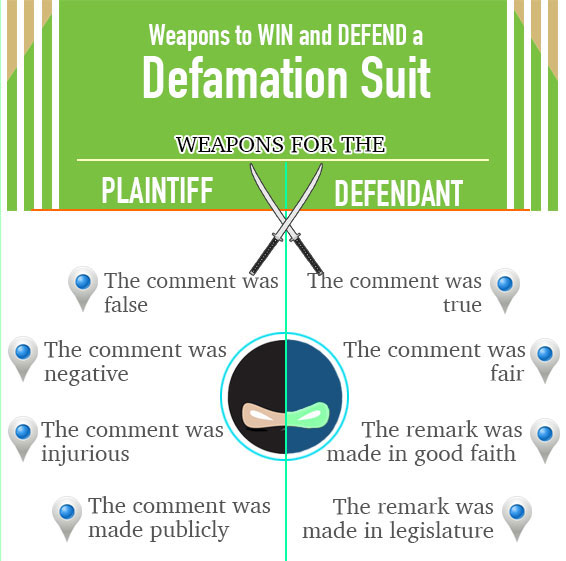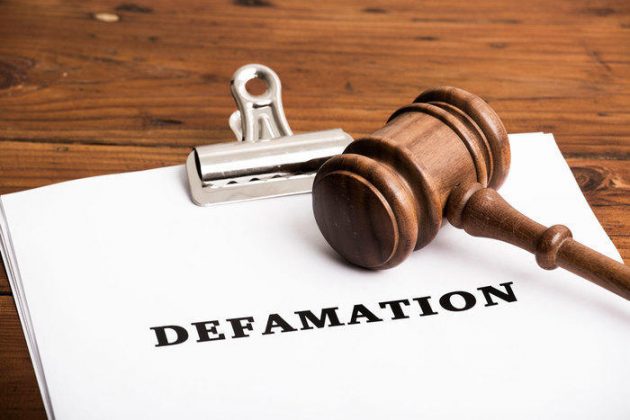Defamation Cases: What are the Odds of Winning? A Deep Dive
The world of legal battles is often portrayed in dramatic courtroom scenes, but the reality of civil litigation, especially defamation cases, is often far more complex. If you’re considering pursuing a defamation claim, or if you’re simply curious about the legal landscape, understanding the likelihood of winning your case is crucial. This article provides a comprehensive overview of defamation cases and the often-cited, yet complex, statistics surrounding winning percentages. We’ll break down the factors influencing success and provide a clearer picture of what to expect.
What is Defamation and What Does it Entail?
Before diving into win rates, it’s essential to understand what constitutes defamation. Defamation, in its simplest terms, is the act of harming someone’s reputation by making false statements to a third party. This can take two main forms:
- Libel: Written defamation (e.g., in a newspaper article, blog post, social media comment).
- Slander: Spoken defamation (e.g., in a conversation, on the radio).
To successfully sue for defamation, a plaintiff (the person bringing the lawsuit) typically needs to prove the following elements:
- False Statement of Fact: The statement made must be demonstrably false, not simply an opinion.
- Publication: The statement must have been communicated to a third party (someone other than the plaintiff and the defendant).
- Identification: The statement must specifically identify, or be readily understood to identify, the plaintiff.
- Damage to Reputation: The statement must have caused harm to the plaintiff’s reputation (e.g., loss of business, social ostracism).
- Fault (for Public Figures and Public Officials): If the plaintiff is a public figure or public official, they must also prove “actual malice,” meaning the defendant knew the statement was false or acted with reckless disregard for the truth. This is a significantly higher bar.
The Elusive “Win Percentage” in Defamation Cases
The exact percentage of defamation cases that “win” is a notoriously difficult statistic to pin down with absolute certainty. Several factors contribute to this:
- Varying Data Sources: Different legal research firms and organizations may collect and analyze data differently, leading to variations in reported win rates.
- Definition of “Win”: Does a “win” include settlements before trial, or only cases that are decided by a judge or jury? Settlements are very common in defamation cases, but they aren’t always publicly recorded.
- Case Complexity: Defamation cases are often fact-intensive and legally complex, making it difficult to generalize across all cases.
- Jurisdictional Differences: Laws regarding defamation vary slightly from state to state and country to country, impacting outcomes.
However, most legal experts agree that the percentage of defamation cases that ultimately result in a plaintiff’s favor (either through a favorable judgment or a favorable settlement) is relatively low compared to other types of civil litigation. Some studies suggest win rates that fluctuate between 10% and 30% depending on the factors mentioned above. This means that for every 100 defamation lawsuits filed, only a small percentage are successful.
Factors Influencing the Likelihood of Success
Several key factors significantly influence the outcome of a defamation lawsuit:
- The Truth: Truth is the ultimate defense against a defamation claim. If the defendant can prove the statement was true, the plaintiff almost certainly loses.
- Public Figure Status: As previously mentioned, public figures and public officials face a much higher burden of proof (actual malice). This makes it significantly harder for them to win.
- Evidence: Strong, concrete evidence is crucial. This includes proof of the false statement, publication, identification, damage to reputation, and, where required, malice.
- Legal Representation: The quality of legal representation can make a substantial difference. Experienced defamation attorneys understand the nuances of the law and how to build a compelling case.
- Jurisdiction: The court in which the case is heard can impact the outcome, as some jurisdictions are seen as more favorable to plaintiffs or defendants.
- The Media’s Involvement: Cases involving large media outlets or powerful individuals can be particularly complex and resource-intensive.
- The Defendant’s Resources: The defendant’s financial resources can influence the case’s progress. A defendant with deep pockets may be more willing to fight the case, even if they are likely to lose.
The Importance of Pre-Suit Investigation and Legal Counsel
Given the complexities and the relatively low win rates, a thorough pre-suit investigation is paramount. This involves gathering evidence, assessing the strength of your claim, and understanding the potential challenges you may face. Consulting with an experienced defamation attorney early on is crucial. A lawyer can:
- Assess the merits of your case.
- Advise you on the potential risks and rewards.
- Help you gather evidence.
- Negotiate a settlement.
- Represent you in court.
Conclusion: Navigating the Defamation Landscape
Defamation cases are challenging and require careful consideration. While the exact win percentage is debated, the overall odds of a plaintiff successfully navigating a defamation lawsuit are relatively low. Success hinges on a strong case built on verifiable facts, solid evidence, and, most importantly, expert legal counsel. By understanding the legal framework, the factors that influence outcomes, and the crucial role of truth, potential plaintiffs can make informed decisions and navigate the complexities of defamation claims with greater awareness.
FAQs About Defamation Cases
Here are some frequently asked questions about defamation cases:
What is the statute of limitations for a defamation case? The statute of limitations (the time you have to file a lawsuit) varies by state. Generally, it’s one to three years from the date the defamatory statement was published. It’s crucial to consult with an attorney to determine the specific deadline in your jurisdiction.
How much does it cost to sue for defamation? The costs associated with a defamation lawsuit can vary greatly. They include attorney’s fees (which can be hourly, contingency-based, or a combination), court filing fees, expert witness fees, and expenses related to discovery (gathering evidence). The total cost can range from a few thousand dollars to hundreds of thousands, or even millions, depending on the complexity of the case.
Can I sue for defamation if the statement was made on social media? Yes, absolutely. Social media platforms are a frequent source of defamation claims. The same legal principles apply, but proving publication and identifying the source of the statement can sometimes be more challenging.
What remedies are available if I win a defamation case? If you win, you may be entitled to damages, which can include:
- Compensatory damages: To compensate you for actual financial losses and harm to your reputation.
- Special damages: To cover specific monetary losses, such as lost business or income.
- Punitive damages: Awarded to punish the defendant and deter similar behavior in the future, especially if actual malice is proven.
- Injunctive relief: A court order requiring the defendant to retract the statement or refrain from making similar statements.
Do I need a lawyer to file a defamation lawsuit? While you can technically represent yourself (“pro se”), it is highly recommended that you hire an attorney with experience in defamation law. These cases are complex, and a skilled lawyer can significantly increase your chances of success.




